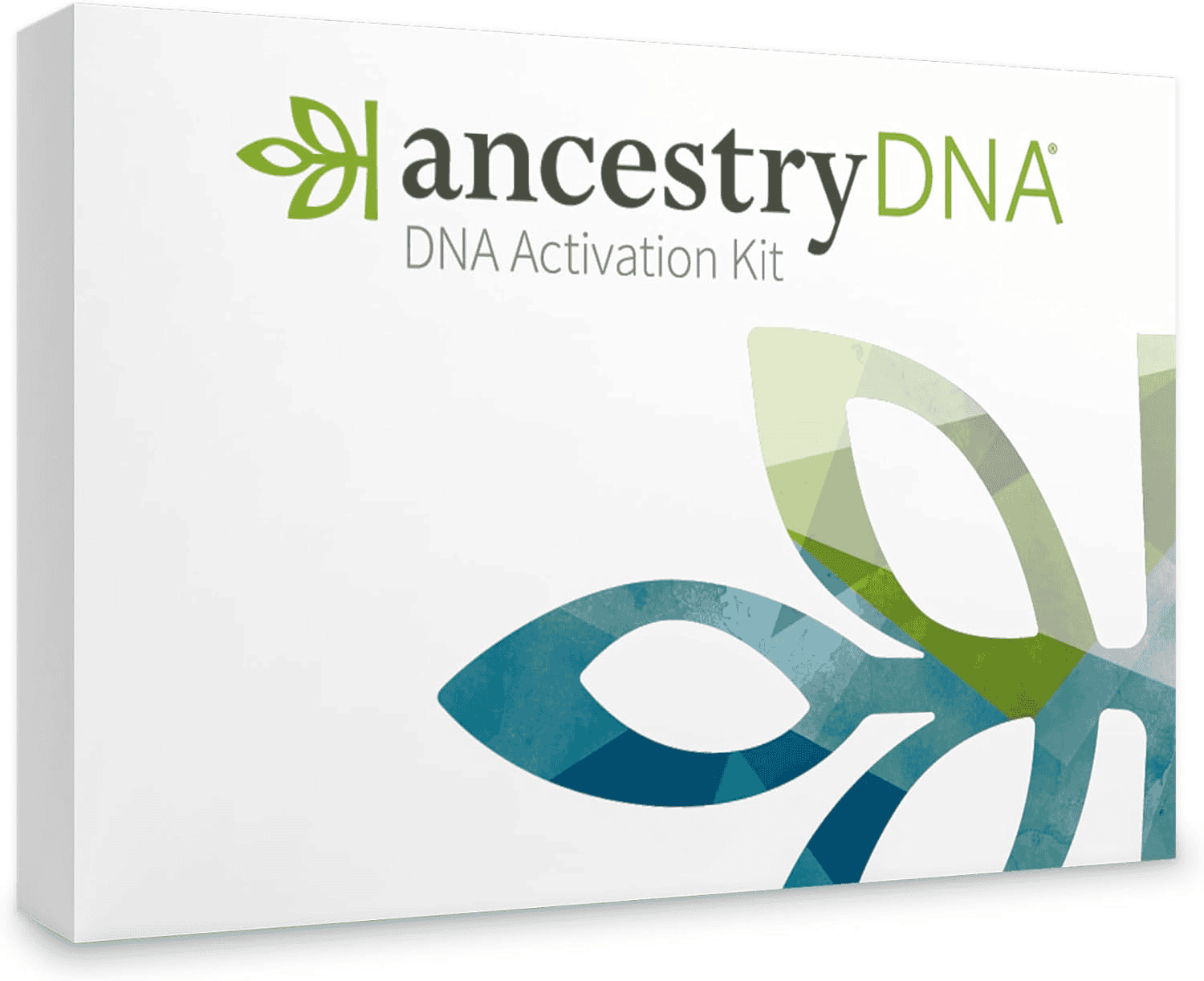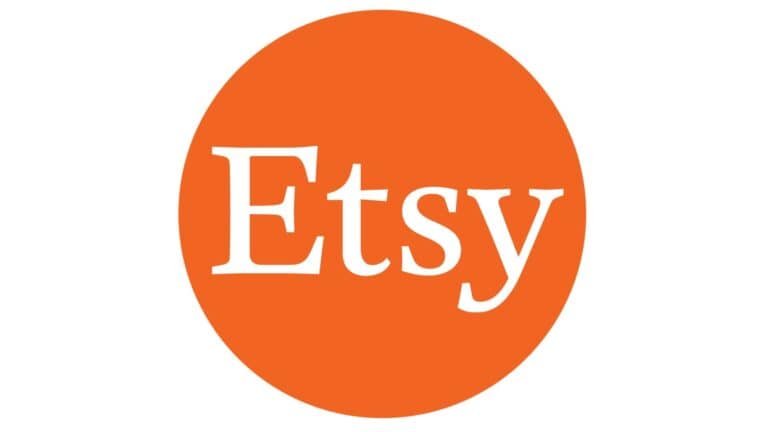
DNA testing companies have become increasingly popular for individuals seeking to learn about their ancestry and genetic health risks. Many people wonder if law enforcement agencies like the FBI can access the genetic information they submit to these services.
Generally, major DNA testing companies like 23andMe and Ancestry do not voluntarily share customer data with law enforcement. These companies have privacy policies that restrict access to genetic information without user consent or a valid court order. However, some smaller genetic genealogy databases have cooperated with law enforcement in criminal investigations.
The use of DNA databases by law enforcement remains a complex and evolving issue. While companies aim to protect user privacy, legal requests for data can occur in certain cases. Individuals considering DNA testing should review company policies and be aware of potential law enforcement access before submitting their genetic information.

Law Enforcement Access to DNA Data
The Complex Issue of DNA Data and Privacy
When you send your DNA to a genetic testing company, you’re sharing very personal information. Many people wonder if law enforcement agencies like the FBI can access this data. The answer is complicated and depends on several factors.
Factors Determining Access
- Company Policy: Each genetic testing company has its own privacy policy. Some companies explicitly state they will not share data with law enforcement unless compelled by a valid legal request (like a warrant). Others may cooperate with law enforcement more readily.
- Legal Requests: Law enforcement can obtain your DNA data through legal processes such as a court order or subpoena. The type of legal request and the laws in your jurisdiction will influence what data they can access.
- User Consent: Some companies allow users to explicitly consent to share their data with law enforcement for research or investigative purposes. You usually have the choice to opt in or out of such programs.
- Public Databases: Some genetic testing companies allow users to upload their data to public databases, like GEDmatch. Law enforcement can access data in these public databases without a warrant because the information is considered publicly available.

Types of Legal Requests
Law enforcement may use various legal tools to request DNA data:
| Legal Request | Description |
|---|---|
| Court Order | Issued by a judge and requires the company to provide specific data. |
| Subpoena | A legal order compelling someone to testify or produce evidence. |
| Search Warrant | Authorizes law enforcement to search a specific location and seize evidence. This is generally a higher legal threshold than a subpoena or court order. |
Protecting Your Privacy
If you’re concerned about law enforcement access to your DNA data, here are some things you can do:
- Read the Privacy Policy: Carefully review the privacy policy of any genetic testing company before you use their services. Pay attention to their policies on data sharing with law enforcement.
- Choose Companies with Strong Privacy Protections: Select companies that prioritize user privacy and have clear policies on law enforcement requests.
- Opt Out of Data Sharing Programs: If the company offers any programs that involve sharing data with law enforcement, opt out if you don’t want your data shared.
- Avoid Public Databases: Do not upload your DNA data to public databases if you want to keep it private.
- Delete Your Data: Many companies allow you to delete your DNA data from their servers. If you no longer want the company to store your data, you can request its deletion.
Key Takeaways
- Major DNA testing companies generally do not voluntarily share customer data with law enforcement
- Some smaller genetic genealogy databases have cooperated with investigators in criminal cases
- Consumers should review privacy policies before submitting DNA samples for testing
Legal and Ethical Considerations of DNA Data Sharing
DNA data sharing raises complex legal and ethical issues. Privacy laws, genetic discrimination protections, and health information regulations all play key roles in governing how genetic data can be used and shared.
Privacy Laws Governing Genetic Information
Several laws protect genetic privacy in the U.S. The Genetic Information Nondiscrimination Act (GINA) bars discrimination based on genetic data in employment and health insurance. Some states have passed stricter genetic privacy laws. The Health Insurance Portability and Accountability Act (HIPAA) safeguards genetic information as protected health data.
Law enforcement access to genetic databases is a gray area legally. In some cases, police have used genealogy sites to solve cold cases. This has sparked debate about genetic privacy rights. Courts are still working out the limits of police access to DNA databases.
Role of the Genetic Information Nondiscrimination Act
GINA prevents health insurers and employers from using genetic data to discriminate. It stops insurers from denying coverage or raising rates based on genetic tests. Employers can’t use genetic info in hiring, firing, or promotion choices.
The law applies to health plans, insurers, and employers with 15+ workers. It covers genetic test results and family medical histories. GINA has some gaps – it doesn’t cover life, disability, or long-term care insurance. Some worry these exemptions could allow genetic discrimination.
Impact of the Health Insurance Portability and Accountability Act
HIPAA treats genetic data as protected health information. This means strict rules govern its use and disclosure. Genetic testing labs and healthcare providers must get patient consent before sharing data. They need to take steps to keep genetic info secure.
HIPAA allows sharing genetic data for treatment, payment, and healthcare operations. Law enforcement can access it with a court order. Research use is allowed with approval from an ethics board. Patients can request copies of their genetic records under HIPAA. They can also ask for corrections to errors.
Frequently Asked Questions
DNA databases and law enforcement access raise important privacy concerns. Policies and safeguards aim to balance investigative needs with individual rights.
Can the FBI access DNA information from private genetic testing companies?
Most genetic testing companies do not give the FBI direct access to customer DNA data. They require valid legal processes like court orders or search warrants. Companies typically notify customers if law enforcement requests their information, unless prohibited.
Are genetic genealogy databases used by law enforcement for investigations?
Some public genetic genealogy databases allow law enforcement to upload DNA profiles from crime scenes. This can help identify suspects through family connections. GEDmatch and FamilyTreeDNA permit this with user consent.
What policies govern the sharing of DNA data with law enforcement agencies?
The DNA Identification Act sets rules for the national DNA database CODIS. It limits access to authorized labs and agencies. Many states have laws on DNA collection and database use. Company policies also restrict data sharing.
Who is authorized to access information contained in a DNA database?
For CODIS, only criminal justice agencies can access DNA profiles. This includes police, prosecutors, and crime labs. Access is limited to official purposes. Private databases set their own rules on law enforcement use.
What safeguards are in place to protect private DNA information from unauthorized access?
Genetic testing companies use data encryption and access controls. They have privacy policies limiting data use. Laws like GINA protect against genetic discrimination. DNA databases track who accesses records.
How can individuals control the use of their DNA information by third parties, including government entities?
People can opt out of sharing DNA data with law enforcement on some sites. They can ask companies to delete their data. Reading privacy policies before testing helps understand data uses. Contacting representatives about genetic privacy laws is another option.


